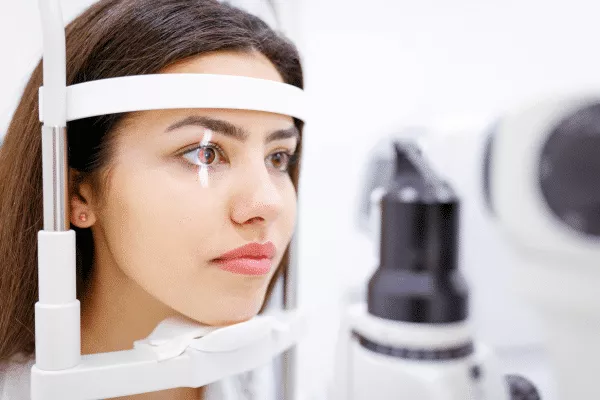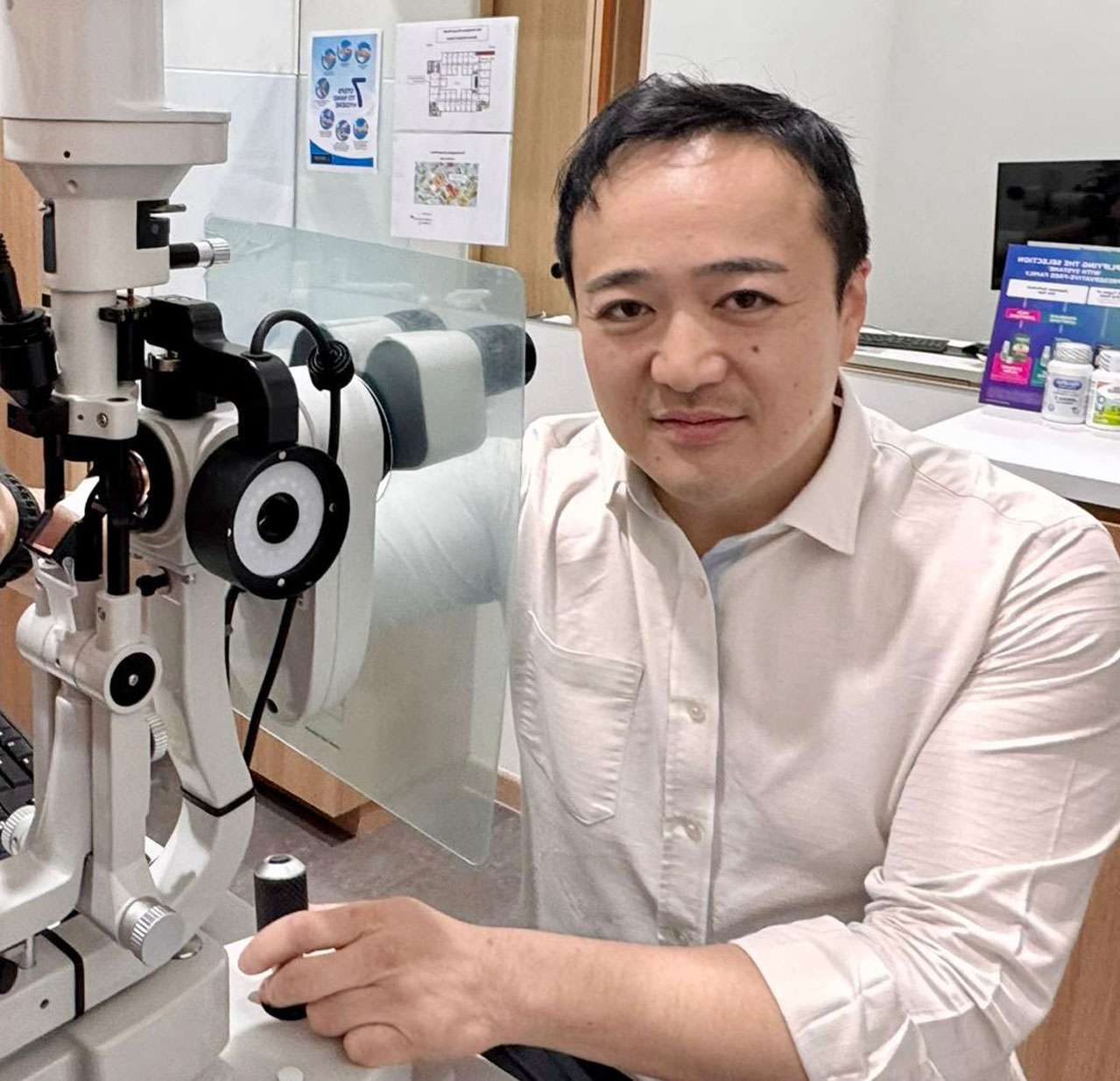Prompt, Gentle Care to Protect Your Vision
Whether it’s a speck of dust, a metal shaving, or a grain of sand, having a foreign object stuck in your eye can be extremely uncomfortable and potentially dangerous. If the object scratches the cornea or becomes embedded, it may lead to infection, inflammation, or even permanent vision damage if not properly treated.
At London Eye & Retina, we offer precise, safe removal of foreign bodies from the eye, followed by thorough care to ensure optimal healing and prevent complications. If you feel like there’s something in your eye that won’t go away.
Common Types of Foreign Bodies
Foreign objects can come from a variety of sources, particularly in work, home, or outdoor settings. The most frequent include
- Dust, sand, or plant material
- Metal fragments from grinding, drilling, or welding
- Glass particles
- Eyelash or debris under the eyelid
- Chemicals or powders
Objects may be lodged on the surface of the eye (cornea), under the eyelid, or embedded more deeply, requiring careful removal.
Symptoms of a Foreign Body in the Eye
You may experience:
- Sensation of something stuck in the eye
- Redness and tearing
- Sharp pain or discomfort when blinking
- Blurred vision
- Sensitivity to light
- Inability to keep the eye open
These symptoms may persist even after blinking or rinsing. That’s a sign medical removal may be needed.
What Not to Do
- Do not rub your eye; this can worsen any corneal scratches or push the object deeper.
- Avoid using cotton swabs or fingers to remove the object
- Do not attempt to remove deeply embedded material on your own
- Avoid driving if your vision is impaired; seek help right away.
Our Approach to Safe Removal
At London Eye & Retina, we provide swift and careful removal using:
- Magnification and bright illumination for accurate assessment
- Local anaesthetic eye drops to minimise discomfort
- Special instruments to gently lift or flush out the object
- Lid eversion to check for debris trapped underneath
- Antibiotic drops or ointments post-removal to prevent infection
- Follow-up care for corneal abrasions or any signs of inflammation
In cases involving high-speed injuries or metal fragments, further imaging (e.g., X-ray or ultrasound) may be needed to rule out deeper damage.
Recovery and Aftercare
Most minor surface injuries heal within a few days with lubricating and antibiotic eye drops. For more serious injuries or abrasions, we monitor healing closely to prevent complications such as corneal scarring or recurrent erosion.
Protective eyewear may be recommended going forward, especially for patients involved in high-risk work or sports.
Trust Your Instincts
Even if the discomfort seems minor, the risk of infection or unseen damage is real. Getting professional care ensures safe removal and proper healing.
Schedule a consultation with Dr. James Ng at London Eye & Retina and explore your options for clearer, sharper sight.
Let us help you relieve the discomfort and protect your eyes from long-term harm.


